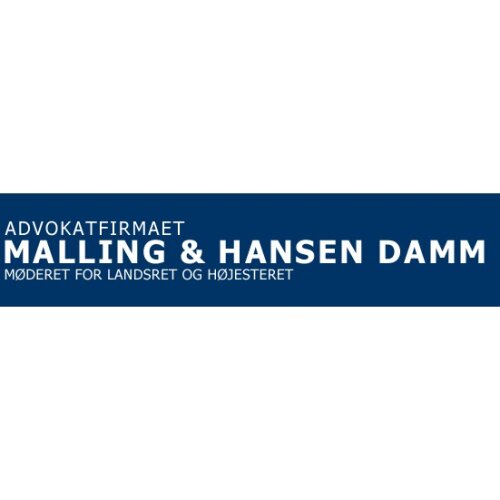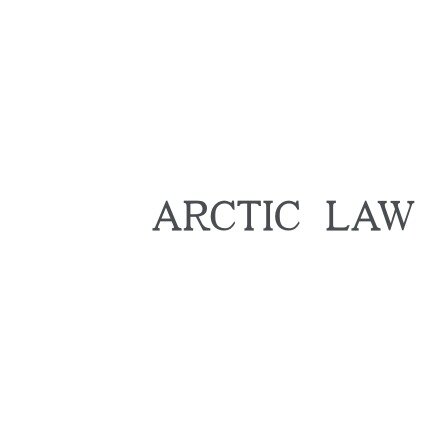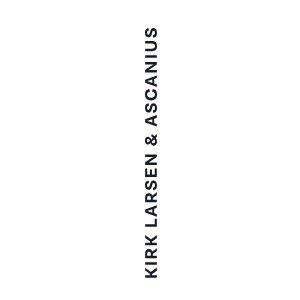Best Transportation Lawyers in Nuuk
Share your needs with us, get contacted by law firms.
Free. Takes 2 min.
List of the best lawyers in Nuuk, Greenland
About Transportation Law in Nuuk, Greenland
Transportation law in Nuuk, Greenland, is a unique field governed by a mix of local and international regulations. Given the challenging terrain and climatic conditions, Nuuk's transportation system primarily includes air and maritime travel, as well as limited road transportation within the city and to nearby settlements. Being the largest city and capital of Greenland, Nuuk serves as a crucial hub for both passenger and freight transportation. The regulatory framework covers aspects such as vehicle registration, traffic laws, shipping regulations, and aviation standards to ensure safe and efficient movement of people and goods in the region.
Why You May Need a Lawyer
There are several scenarios where individuals or businesses in Nuuk might require legal assistance pertaining to transportation. Common situations include addressing traffic violations, disputes over maritime shipping contracts, aviation incidents, compliance with local transportation regulations, and personal injury claims arising from transportation accidents. Additionally, businesses involved in logistics and transportation may need legal guidance on complex agreements and regulatory compliance issues. A lawyer specializing in transportation law can offer valuable advice and representation tailored to these specific circumstances.
Local Laws Overview
In Nuuk, transportation laws encompass a variety of regulations designed to ensure the safety and efficiency of local and international transit. Key aspects include: - **Vehicle Registration and Licensing**: All vehicles must be registered and meet the standards set by local authorities. This includes cars, trucks, and any specialized vehicles for ice and snow travel. - **Traffic Regulations**: Traffic laws in Nuuk are enforced to manage the limited road network effectively, including rules on speed limits, signage, and driver conduct in snowy conditions. - **Maritime Regulations**: Given Nuuk’s reliance on sea transport, maritime law plays a significant role. Regulations cover vessel registration, navigation safety, and shipping standards. - **Aviation Laws**: As a major entry point to Greenland, Nuuk's airport must comply with both Greenlandic regulations and international aviation standards. - **Environmental Laws**: These laws ensure that transportation methods do not adversely affect the local environment, vital in preserving Greenland's fragile ecosystem.
Frequently Asked Questions
What are the primary modes of transportation in Nuuk?
In Nuuk, the primary modes of transportation include air travel, sea transport, and limited road transportation within the city area. There are no railways, and most international travel is facilitated through the Nuuk Airport and the port.
Do I need a special license to drive in Greenland?
To drive in Nuuk, you must hold a valid Greenlandic driver's license or an international driving permit and adhere to local road regulations.
How can I resolve a traffic violation in Nuuk?
Resolving a traffic violation involves contacting the local law enforcement office. It might also be advisable to consult a transportation lawyer if the violation is serious.
What should I do if I'm involved in a transportation-related accident?
After ensuring safety and medical assistance, report the incident to the authorities. Contact a transportation lawyer to understand your rights and obligations, particularly regarding insurance claims and potential legal actions.
Are there specific rules for importing vehicles into Nuuk?
Yes, importing vehicles requires adherence to local regulations, which include customs duties, environmental standards, and vehicle registration requirements.
How are maritime disputes resolved in Nuuk?
Maritime disputes may involve negotiation, mediation, or litigation, depending on the case's complexity. Specialists in maritime law can provide essential guidance in these situations.
What are the legal requirements for starting a transportation business in Nuuk?
Starting a transportation business involves regulatory compliance, including obtaining necessary licenses, ensuring environmental responsibility, and meeting safety standards. Legal advice can facilitate understanding these processes.
Is insurance mandatory for vehicles and vessels in Nuuk?
Yes, insurance is mandatory for both vehicles and vessels operating in Nuuk. Different coverage options are available depending on the type of transportation and level of protection desired.
What environmental regulations affect transportation in Nuuk?
Environmental regulations in Nuuk focus on reducing emissions and ensuring sustainable practices in all transportation modes to protect the local ecosystem. Compliance is monitored by relevant bodies.
How does aviation regulation affect flights to and from Nuuk?
Aviation regulations ensure operational safety for flights to and from Nuuk, adhering to international standards while accommodating the unique geographic and climatic challenges of the region.
Additional Resources
For individuals seeking further information or assistance related to transportation in Nuuk, consider reaching out to: - The Nuuk City Council for local road and traffic regulations. - The Government of Greenland’s transportation department for maritime and aviation concerns. - Transportation or maritime insurance agencies for coverage options. - Legal aid clinics or law firms specializing in transportation law.
Next Steps
If you require legal assistance in the field of transportation, consider the following steps: 1. **Identify Your Needs**: Clearly define the issue or assistance required, be it mediation for a dispute, understanding compliance, or litigation. 2. **Find a Specialized Lawyer**: Look for lawyers or firms with expertise in transportation law. Their experience will be invaluable in navigating the complex regulatory landscape. 3. **Gather Relevant Documentation**: Collect all necessary documents related to your case, such as contracts, receipts, accident reports, or regulatory communications. 4. **Schedule a Consultation**: Arrange a meeting with a lawyer to discuss your situation, explore options, and understand potential outcomes. 5. **Stay Informed**: Continuously seek information on transportation laws and updates, as this can affect both current and future legal circumstances.
Lawzana helps you find the best lawyers and law firms in Nuuk through a curated and pre-screened list of qualified legal professionals. Our platform offers rankings and detailed profiles of attorneys and law firms, allowing you to compare based on practice areas, including Transportation, experience, and client feedback.
Each profile includes a description of the firm's areas of practice, client reviews, team members and partners, year of establishment, spoken languages, office locations, contact information, social media presence, and any published articles or resources. Most firms on our platform speak English and are experienced in both local and international legal matters.
Get a quote from top-rated law firms in Nuuk, Greenland — quickly, securely, and without unnecessary hassle.
Disclaimer:
The information provided on this page is for general informational purposes only and does not constitute legal advice. While we strive to ensure the accuracy and relevance of the content, legal information may change over time, and interpretations of the law can vary. You should always consult with a qualified legal professional for advice specific to your situation.
We disclaim all liability for actions taken or not taken based on the content of this page. If you believe any information is incorrect or outdated, please contact us, and we will review and update it where appropriate.











